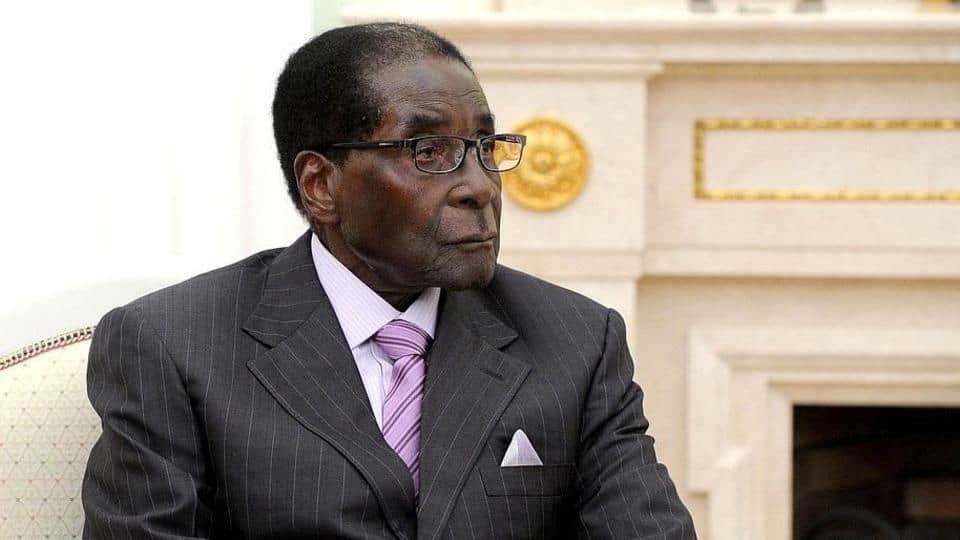
Zimbabwe crisis: Mugabe refuses to step down following military takeover
What's the story
Zimbabwean President Robert Mugabe, 93, has reportedly refused to step down immediately and is resisting growing calls for resignation. On Wednesday, Mugabe, who has ruled Zimbabwe since 1980, was placed under house arrest during a military takeover. The military is "engaging" with him and has made progress in targeting the "criminals" associated with the president. Here are the latest updates on the Zimbabwe crisis.
Negotiations
Mugabe has held talks with military and South African envoys
The Zimbabwean military announced that it's holding talks with Mugabe and that it would reveal the outcome of this "as soon as possible." The president has also held talks with army chief Gen Constantino Chiwenga and two South African envoys. Father Fidelis Mukonori, a Roman Catholic priest who is a longtime associate of Mugabe, has been brought in as a mediator.
Explained
Why Mugabe isn't resigning
Earlier, opposition leader Morgan Tsvangirai had said it was in the interests of the people" for Mugabe to "resign… immediately." Sources say Mugabe has refused to voluntarily resign before elections scheduled to take place next year. They say the president is either trying to buy time or is seeking guarantees of his and his family's safety before stepping down.
What next?
Mugabe could be in power nominally till next month
Officials from the ruling Zanu-PF party previously suggested that Mugabe could retain nominal powers till the party congress next month. At the congress, Emmerson Mnangagwa, whose sacking by Mugabe as vice-president stirred the military takeover, would formally assume the role of the party and national leader. Mugabe's voluntary resignation could help legitimize the military's intervention which was earlier described as a "bloodless transition."